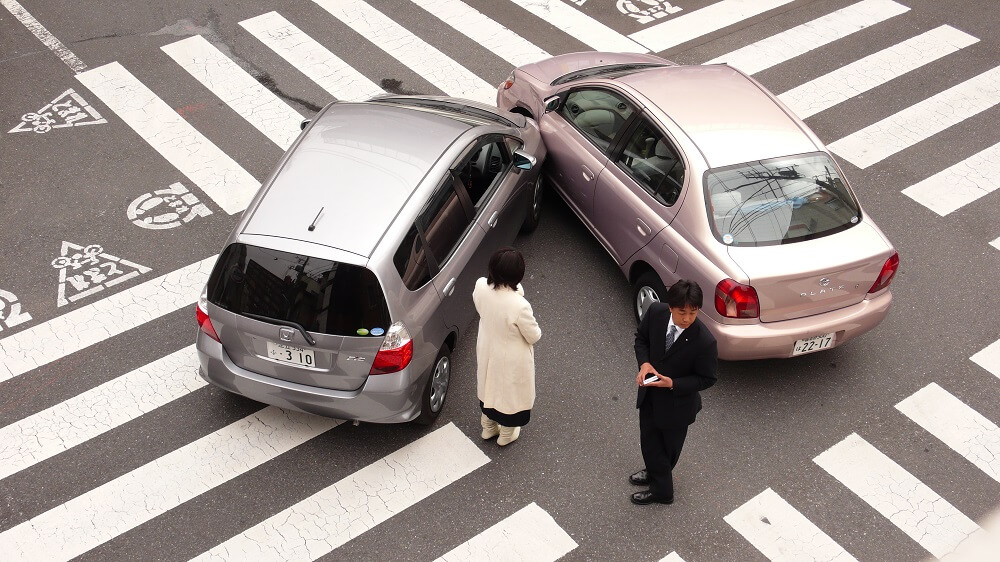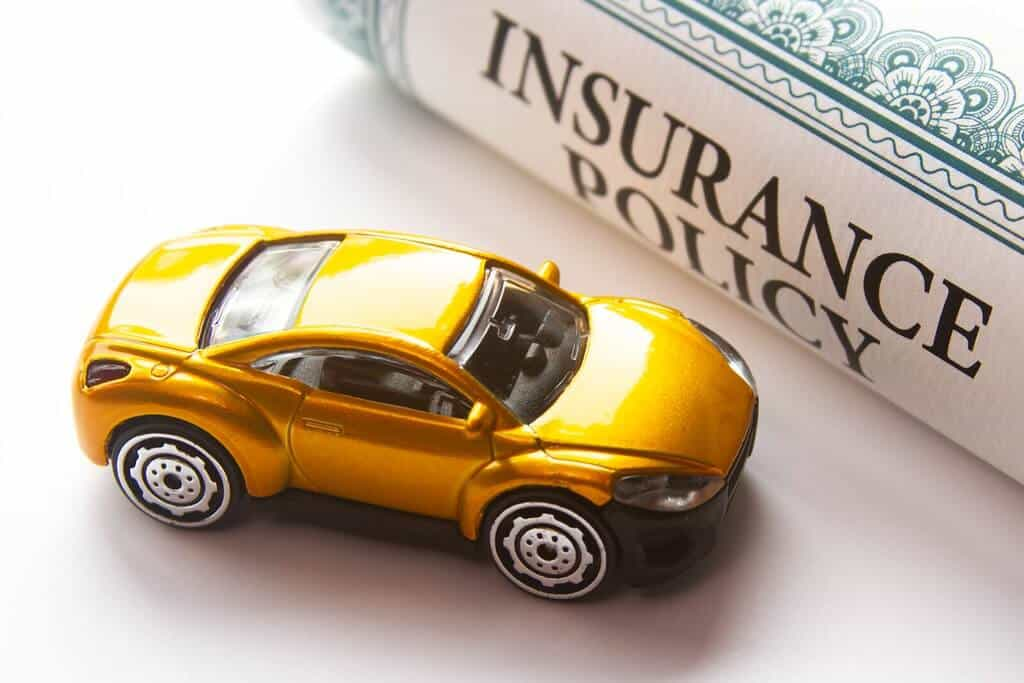How does Car insurance work?
When you buy insurance, your insurer or agent will ask some pretty basic questions about you and your car, and then you’ll have some options when picking coverages, which impact your price. Generally, more coverage means a higher price. Then if you have damages or something happens, you can file a “claim” with your insurer–that’s just an insurance term for asking the company to pay for something. If it’s covered, your insurer will then pay for the damages or losses up to certain limits.

Do I need car insurance?
Whether you like it or not, car insurance is a necessary cost. Depending on the level of coverage, it can help with claims for damage to other people, their property, you, and your car. Car insurance is designed to protect you from the financial costs of an accident and protect the medical and financial interests of anyone in an accident. Imagine being involved in an accident that isn’t your fault and only your medical bills and maintenance costs remain. Car insurance offers peace of mind to drivers and road users because they know that if the worst happens, their financial expenses will be protected.
Standard coverages
Offered in most states, these coverages may vary. Keep in mind, insurance doesn’t cover maintenance or general wear and tear.
Damages/injuries you cause
Liability insurance: In most states, this is the only required coverage. If you’re in an accident and are responsible (also called at fault), liability pays for:
- Damage to other cars
- Damage to objects (mailbox, phone pole, house, etc.)
- Other drivers’ and their passengers’ injuries
- Lawsuits if someone sues you because of an accident

Damages to your car
Comprehensive: Covers those random events that are beyond your control:
- Theft
- Windshield and glass damage
- Vandalism, riots, explosions, and fire
- Falling trees/branches and other objects
- Rocks or other objects kicked up by cars
- Storms, floods, wind, hail, earthquakes, and lightning
- Accidents with animals (hitting a deer)
Damages to your car from accidents
Collision: Covers accidents with other cars and objects no matter who’s at fault. Collision also covers you if you overturn your car.
Damage to your car from uninsured drivers
Uninsured Motorist Property Damage Insurance (UMPD): it covers damage to your vehicle caused by uninsured drivers. If the hit-and-run driver damages your vehicle, uninsured motorist property damage insurance can also protect your vehicle. Insured property may include personal property as well as your vehicle, depending on the state.
Your injuries
Medical payments or personal injury protection (PIP): These are similar coverages. Medical payments coverage is offered in most states, while PIP is available only in the states that require it to be offered. Basically any time a car causes injuries, these coverages will both pay for medical bills, if a) you or your passengers are injured in a car accident (no matter who is at fault) or if b) you or your family members are injured when riding in someone else’s car or walking/riding a bike. PIP, which varies by state, is a bit broader and may cover other losses such as funeral expenses, lost wages, and rehab costs.
Your injuries from uninsured drivers
Uninsured/underinsured motorist bodily injury
Similar to its cousin coverage (uninsured/underinsured motorist property damage) but instead pays for injuries and lost wages.
Your out-of-pocket costs
Deductible: It’s a common misconception that if you have car insurance, you don’t ever have to pay for anything. Unfortunately, no insurer can promise that. All insurers have deductibles for a few coverages. Your deductible is simply the amount you have to pay for repairs or claims (your out-of-pocket costs). To give a practical example, like hitting a telephone pole with your car. If your deductible is $200, and repairs to your car cost $2,000, you would be stuck paying $200 and your insurer would pay the rest. You can pick your deductible amount. The higher your deductible, the more of the repair or claim cost you’ll have to take on. That means your out-of-pocket costs will be higher, but you’ll have a lower overall rate and vice versa.
Extra coverages
These are the extra coverages that are affordable to add:
Rental car fees
Rental car reimbursement: Pay your car rental fees while your car is being repaired. This is important because getting a rental car can be expensive, as an average repair can take many days and the daily cost can be high.
Your loan if you total your car
Gap coverage: Also called loan/lease payoff and helps pay off your car loan if you total your car. It pays off the “gap” between what your car is worth and how much is left on your loan.
Lockouts, towing, jump starts, etc.
Roadside assistance: So you’re never stranded on the side of the road. Insurance companies may cover you for: towing to the nearest repair facility; pulling your stuck car out of mud, snow, water, or sand; battery jump-start; fuel delivery (you only pay the cost of fuel); lockouts; flat tire changes.
How is priced?
Insurance companies take a number of factors into consideration, but they always start with a couple of questions when they have to price coverages: How likely are you to be in an accident? How much will it cost?
Here are a few of the specifics considered:
- Safe driver: No (or few) accidents means you’re less likely to have one in the future.
- No speeding tickets: The slower you go, the less likely you are to have an accident.
- Your car’s value: A cheaper car costs less to repair.
- Age: More experience behind the wheel means you’re less likely to have an accident. Your rate will usually go down as you get older, though some insurers may begin to increase rates for older drivers once they reach a certain age, such as 70.
You may also like
Car valuation in 2023: Tools and rules to get the most out of the sale
In 2023, the valuation of a car relies on modern tools and specific rules to get the most out of the sale. Today, values are established using online valuation systems, such as specialised websites and apps, which take into account various factors such as the model, year of production, mileage and general condition of the… Continue reading Car valuation in 2023: Tools and rules to get the most out of the sale
The latest news on pet insurance
In 2023/2024, pet insurance offers significant benefits for the care and protection of dogs and cats. These policies provide coverage for veterinary expenses, medical emergencies and other health needs of our four-legged friends. Coverage under pet insurance policies includes routine veterinary visits, treatments for illnesses and injuries, surgeries and therapies. Some policies may also cover… Continue reading The latest news on pet insurance
Online bank accounts in the US: latest news
In 2023/2024, online bank accounts in the United States offer a host of benefits and new features. These accounts allow you to manage your finances conveniently, quickly and efficiently, without having to visit a physical branch. Online bank accounts offer digital banking solutions, allowing users to bank from anywhere, at any time. One can make… Continue reading Online bank accounts in the US: latest news
Home Insurance in the US, the latest guide 2023
In 2023/2024, home insurance in the United States offers significant benefits to protect flats and villas. These policies provide cover against physical damage, theft, liability and other unforeseen situations that may occur in one’s home. Coverages provided by home insurance policies include damage caused by fire, flooding, storms, theft and vandalism. Some policies may also… Continue reading Home Insurance in the US, the latest guide 2023
